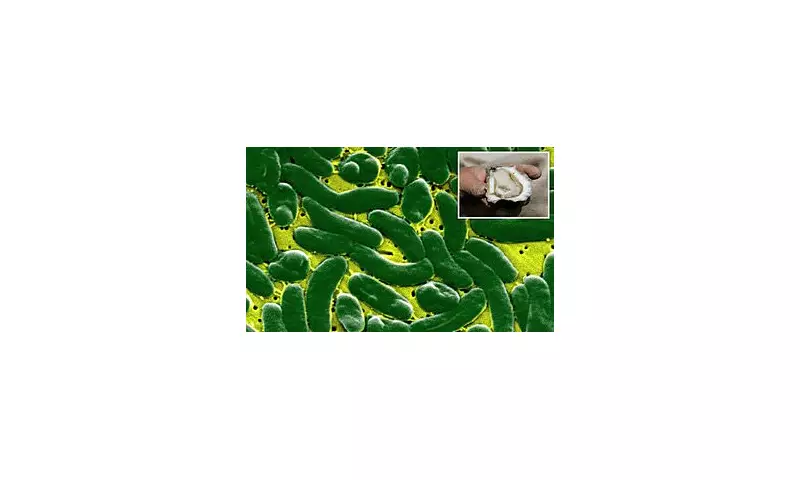
Health officials in Louisiana have issued a grave warning following a deadly outbreak of a rare flesh-eating bacteria, which has already claimed two lives. The victims are believed to have contracted the vicious Vibrio vulnificus infection from consuming raw seafood or through exposed wounds.
The Louisiana Department of Health confirmed the tragic fatalities, urging extreme caution for residents and visitors alike. The bacterium thrives in warm coastal waters, particularly during the summer months, posing a significant risk to swimmers and seafood enthusiasts.
How the Infection Spreads
The Vibrio vulnificus bacterium is a formidable pathogen. Infection typically occurs in two ways:
- Consuming raw or undercooked seafood: Particularly shellfish like oysters, which filter the bacterium from the water.
- Open wounds exposed to seawater: Even the smallest cut can provide an entry point for the bacteria.
Once inside the body, the infection can escalate with terrifying speed, leading to life-threatening complications.
Rapid and Devastating Symptoms
The onset of symptoms is often rapid and severe. Health authorities advise seeking immediate medical attention if any of the following signs appear after water exposure or eating seafood:
- Fever and chills
- Watery diarrhoea, often accompanied by stomach cramping
- Nausea and vomiting
- The appearance of skin lesions, blisters, or ulcers
- Intense pain, swelling, and redness around a wound
In severe cases, the infection can cause necrotising fasciitis – the rapid decay of flesh around wounds – leading to septic shock, organ failure, and amputation.
Who is Most at Risk?
While anyone can be infected, individuals with compromised immune systems are in the greatest danger. This includes:
- People with liver disease, diabetes, or cancer
- Anyone taking immunosuppressant medication
- Individuals with underlying health conditions like thalassemia or haemochromatosis
- The elderly
For those in high-risk groups, a Vibrio vulnificus infection can be fatal within just a day or two of symptoms appearing.
Staying Safe: Official Advice
The Louisiana Department of Health has issued clear guidance to minimise risk:
- Avoid consuming raw or undercooked shellfish, especially oysters. Cook them thoroughly to destroy harmful bacteria.
- Do not enter salt or brackish water if you have any cuts, scrapes, or recent piercings and tattoos.
- If you do get cut while in the water, exit immediately and wash the wound thoroughly with soap and clean, running water.
- Seek medical care promptly if you develop any signs of infection after exposure.
This outbreak serves as a stark reminder of the hidden dangers that can lurk in warm coastal waters. Vigilance and precaution are essential for protection against this aggressive bacterium.





